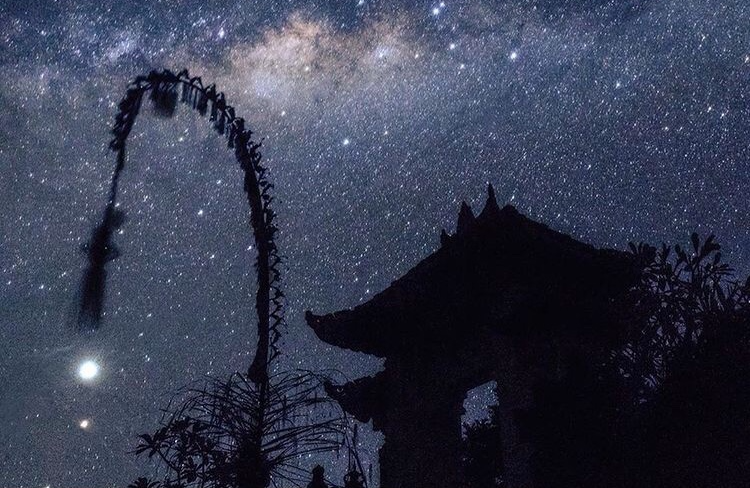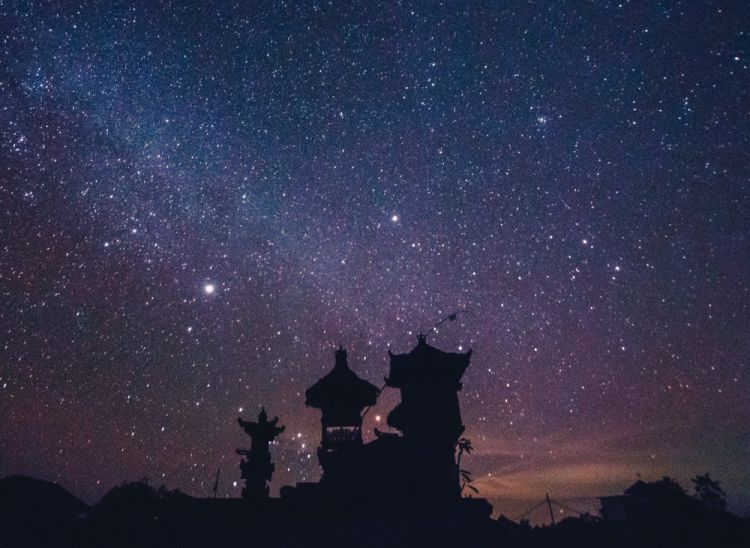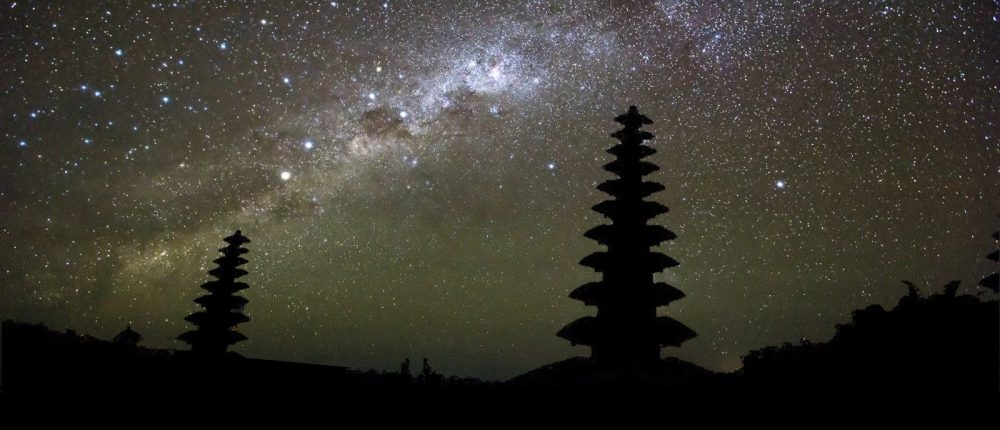Nyepi “Day of Silence” in Bali
Bali has many annual celebrations and holidays but one is unique to the island and the rest of the world, Nyepi day.
From the picturesque beaches to the stunning terraced rice fields, Bali has long been a paradise for travelers for both peace and party but on one day every year, ALL must partake in a day of ultra peace.
But for those who venture here for more than just a fleeting vacation, and for locals who’ve known its depths for generations, the island has a rich cultural tapestry that stretches far beyond its scenic beauty. One such unique and profound tradition is Nyepi, the Day of Silence.
What is Nyepi Day?

When is Nyepi Celebrated?
Nyepi is Bali’s own version of New Year, but unlike the boisterous celebrations and fireworks seen globally, it is a day marked by silence, reflection, and inner tranquility. As an expat living here, it’s a day that stands in contrast to anything I’ve ever experienced elsewhere.
Nyepi is observed on the Saka New Year, which is based on the Balinese lunar calendar. It usually falls in March but can vary depending on the year. If you’re planning to visit or are staying in Bali during this period, it’s essential to be aware of the date and what it entails.
So its exact date isn’t the same every year, but everyone on the island will be notified as soon as the date is established, weeks before the actual day of Nyepi.
Origin of Nyepi
The history of Nyepi is deeply rooted in Balinese Hindu beliefs. It’s believed that on this day, evil spirits roam the island, searching for places to inhabit. By maintaining silence, darkness, and inactivity, the people of Bali can trick these spirits into thinking the island is deserted, prompting them to move on elsewhere.

Observances on Nyepi
On the Day of Silence, several restrictions come into play:
Amati Geni (No Fire/Light): All lights are turned off, and there’s no cooking or any form of fire.
Amati Karya (No Work): All forms of labor and work are halted for the day.
Amati Lelungan (No Travel): Everyone remains at home, and there’s no movement outside.
Amati Lelanguan (No Entertainment): No form of entertainment, be it music or TV, is allowed.
What’s remarkable is that these restrictions apply to everyone on the island, regardless of your beliefs or background. Whether you’re a local, a tourist, or an expat, you must participate. Even the international airport in Denpasar is shut down for the day, grounding all flights.
The Peaceful and Reflective Side of Nyepi
Now, to an outsider or someone unfamiliar with this practice, it might sound strict or even daunting. But as an expat, I’ve found Nyepi to be one of the most soul-enriching experiences. This enforced break from the daily grind provides an opportunity for self-reflection, meditation, and deep rest. The streets, usually bustling with activity, transform into quiet paths with the rare sound of nature taking precedence.
The night sky on Nyepi, devoid of light pollution, showcases a brilliant display of stars, allowing for stargazing like never before. In the silence and under the stars, one finds a chance to reconnect with oneself and with the universe.

“Nyepi” is pronounced as “Nye-pee” with the “Nye” rhyming with “tie” and “pee” as in “peep”.
Nyepi is more than just a day of traditions and rituals; it’s a reminder of the importance of introspection in our lives. It’s a day where the entire island unites in stillness, offering an environment for every soul to ponder, rejuvenate, and emerge wiser. And in a world that’s constantly moving, such moments of pause are not only rare but profoundly essential.







